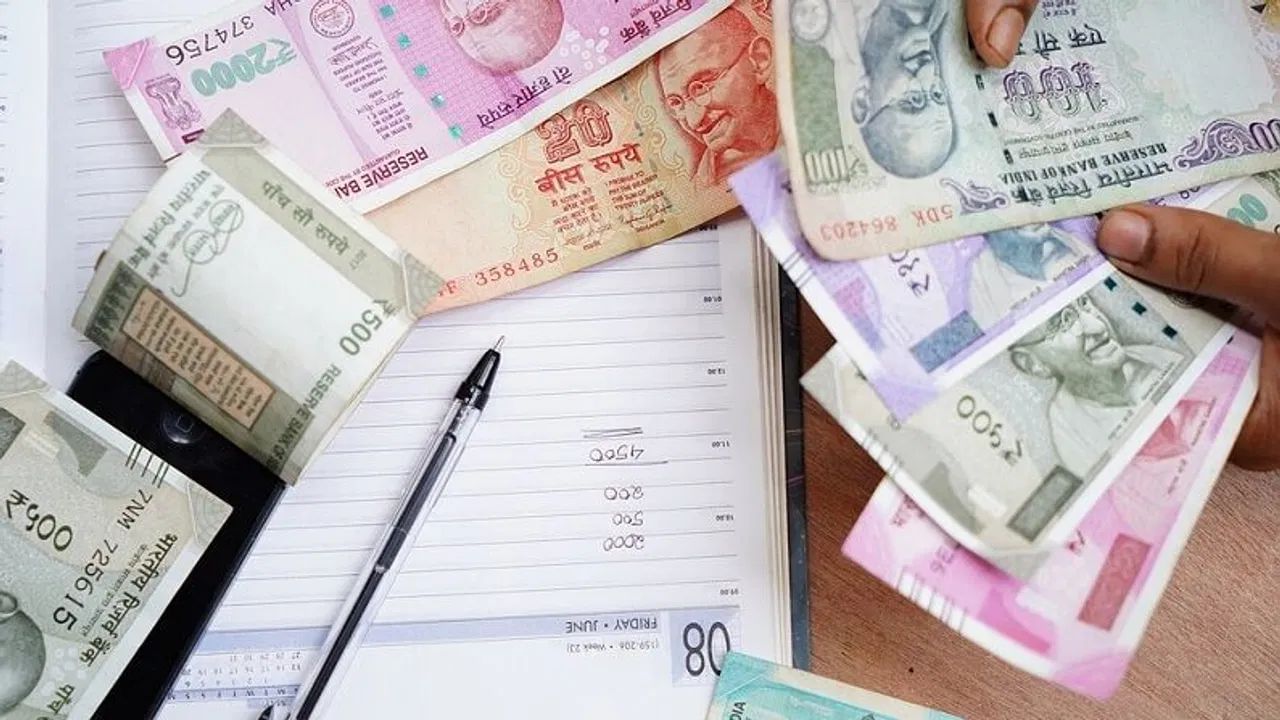New Labor Codes have been announced by the Central Government. Under which employment laws have been consolidated into four codes. The new labor codes have made major changes in the calculation of salary, gratuity, provident fund (PF), pension and other social security benefits. These changes affect both employees and employers. Let us also tell you how much benefit there will be and whether your take-home salary will also be affected or not?
What is the new definition of wages?
The definition of ‘wages’ has been standardized in four new codes. The new definition includes basic salary, dearness allowance (DA) and all other retaining allowances which are part of company-cost (CTC) and which are not specifically exempted. As per the Labor Codes, 2019, major exclusions include HRA, transportation cost, employer’s PF contribution and commission. But the important thing is that these exclusions cannot exceed 50 percent of the total remuneration.
This would mean that at least half of your CTC will be treated as ‘labour’ for calculating key benefits like gratuity, PF, Employees’ State Insurance Corporation (ESIC), maternity benefits and other social security.
Will your gratuity and PF increase?
There will be a significant increase in gratuity. Till now, gratuity was calculated on the basis of basic pay and DA for each completed year of service. Since most of the companies kept the basic pay and DA salary low, while the remaining amount was paid on the basis of gratuity, the new basis of calculation will now be reset to at least 50 percent of your CTC.
However, under the new rules, there will be no increase in PF contribution. These are controlled by the existing EPF, Employees’ Pension Scheme (EPS) and Employee Deposit-Linked Insurance (EDLI) schemes, which are still in force. As per the EPF scheme, mandatory PF contribution is calculated on salary up to Rs 15,000.
Punit Gupta, partner, people advisory services-tax, EY India, said in a Mint report that the labor codes themselves specify that the current schemes will continue for the foreseeable future, so the Rs 15,000 limit will be applicable. He further said that the calculation of PF based on the new ‘wage’ definition will be relevant only for those employees whose basic salary and DA is less than Rs 15,000. There may be a change in the PF contribution of such employees, but only to the extent of Rs 15,000.
Now who will be eligible for gratuity and when?
The minimum service period of gratuity for fixed term employees has been reduced from 5 years to one year. Any employee whose employment contract has an expiry date will be considered a fixed-term employee, even if the contract is regularly renewed. This rule does not apply to permanent, serving employees, who must complete 5 years to be eligible (unless they are out of service due to death or disability). However, Sirwala cautions that while clarity is awaited, in case of recurring renewal of fixed term contract, where there is no gap or termination in service, it cannot be considered as fixed term employment.
Will these changes be effective immediately?
The previous Act relating to gratuity has been repealed with effect from 21 November 2025, hence calculation of gratuity based on the new, broader definition of salary is already in force. This will be applicable with retrospective effect, meaning anyone who leaves or retires after November 21 and is eligible for gratuity can expect to be paid more as per the new salary definition.
EY’s Gupta said this will be applicable with retrospective effect, unless the government brings in a new rule removing the retrospective effect. Changes in Gratuity, PF and ESI (Employees’ State Insurance) calculations can be implemented immediately by employers. Specifically for PF, the existing salary limit of Rs 15,000 will remain in effect till the revision, thereby limiting any change in the employer or employee contribution.
Will your take-home salary be reduced?
There is no possibility of immediate impact on the take-home salary of employees. Gratuity is paid on leaving the job and is not deducted from the monthly salary, hence it does not reduce the regular income. PF contribution will be limited to Rs 15,000, which means there will be no change for most employees. However, for those earning less than Rs 15,000, the contribution may increase slightly, and thus the take-home salary may reduce.
